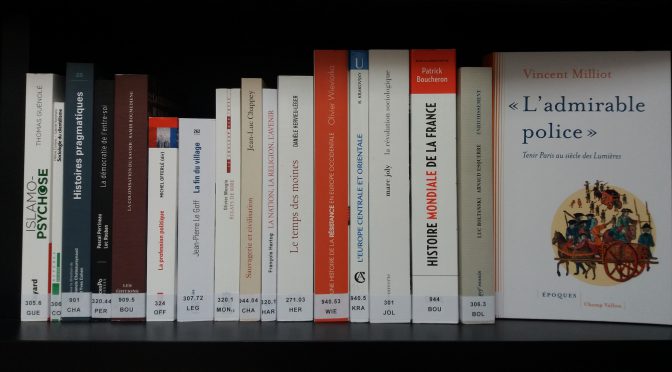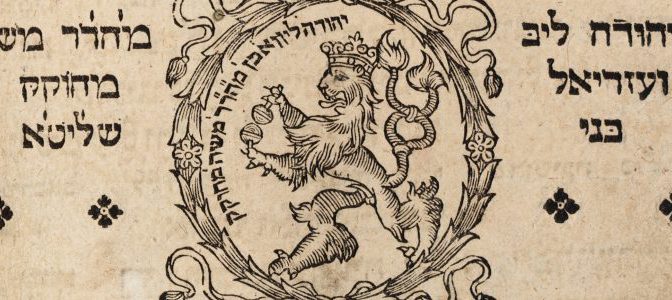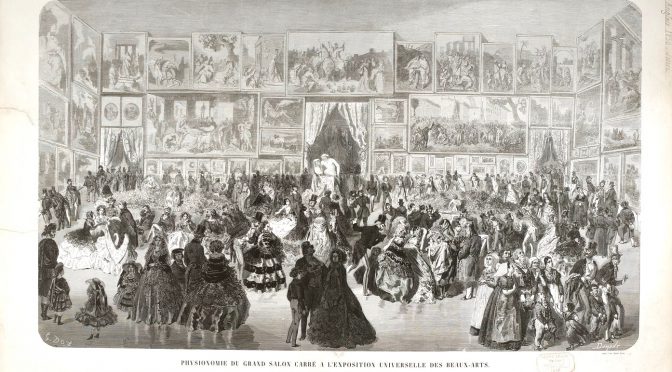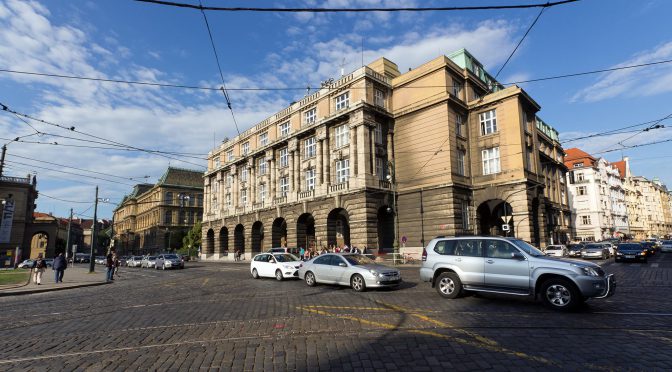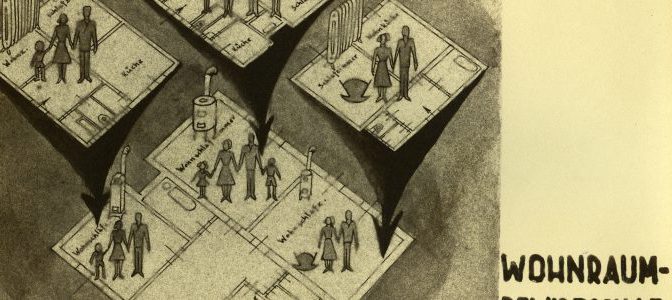První mezinárodní konference organizovaná Kreativní laboratoří VOICE a pořádaná Ústavem románských studií a Ústavem filosofie a religionistiky FF UK u příležitosti vstupu Univerzity Karlovy do Agence universitaire de la Francophonie a zaštítěná jeho excelencí Rolandem Galharaguem, velvyslancem Francie v České republice.
21 odborníků z oblasti filozofie, teorie a dějin literatury, dějin umění a dalších oborů představí své příspěvky na téma „emoce“, jejich vyvolávání, vyjadřování, předávání a pojmenovávání. Časově konference pokrývá období od renesance po současnost a tematicky propojuje frankofonní literatury i filozofie napříč kontinenty.
Čas a místo konání: 30. listopadu–2. prosince, Filozofická fakulta, náměstí Jana Palacha 2, Praha 1
Partneři: Filozofická fakulta (Univerzita Karlova), CEFRES, Kreativní laboratoř VOICE, Francouzský institut v Praze, Velvyslanectví Francie v České republice, Agence universitaire de la francophonie, University of Cambridge, Université Paris 1 Panthéon-Sorbonne, École Normale Supérieure de Lyon, Université Paris IV-La Sorbonne, Université Paris X-Nanterre, Université de Reims Champagne-Ardenne, Université Clermont-Auvergne, Université de Limoges, Université de Picardie Jules Verne, Masarykova univerzita v Brně
Viz stránky konference.
Jazyk: francouzština
Program
Pátek 1. prosince
8:30–9:00: Zahájení (Filozofická fakulta, místnost 300)
9:00–10:30
I. panel: Filosofie I
Diskutant: Ondřej Švec
- Denis KAMBOUCHNER (Université Paris 1 Panthéon-Sorbonne): „L’héritage cartésien dans les théories modernes des émotions“
- Pierre-François MOREAU (École Normale Supérieure de Lyon):
„Politique des affects“
Pauza na kávu
10:45–12:45
II. panel: Filosofie II
Diskutantka: Chiara Mengozzi
- Ian JAMES (University of Cambridge): „Affectivité, sens et affects: les émotions comme articulation de la vie biologique“
- Véronique Le RU (Université de Reims Champagne-Ardenne):
„Individuation et affects: les rythmes de l’empathie“
- Ondřej ŠVEC (Université Charles): „L’historicité radicale des émotions“
13:00-14:00
Oběd
14:30–18:00
III. panel: Francouzská literatura 17. a 18. století
Diskutantka: Catherine Ébert-Zeminová)
- Záviš ŠUMAN (Université Charles): „Catharsis: essai de légitimer la fiction théâtrale au XVIIe siècle en France“
- Camille Guyon-Lecoq (Université de Picardie Jules Verne):
„Sensibilité à la douleur et compassion chez Robert Challe voyageur: de l’expérience de l’attendrissement à une réflexion sur la nature humaine“
- Céline BONHERT (Université de Reims Champagne-Ardenne):
„Émotion et décision dans les livrets de Philippe Quinault: la tragédie en musique et les passions du prince“
- prof. Jean-Louis HAQUETTE (Université de Reims Champagne-Ardenne): „’Notre âme est un tableau mouvant’. Énergétique des émotions et puissance de l’image chez Diderot“
Sobota 2. prosince
9:00–11:00
IV. panel: Francouzská literatura 19. století
Diskutantka: Jovanka Šotolová
- Pascale AURAIX-JONCHIÈRE (Université Clermont-Auvergne):
„L’expression des émotions, un paradigme structurel dans les nouvelles de Jules Barbey d’Aurevilly“
- Cécile GAUTHIER (Université de Reims Champagne-Ardenne):
„Barbarie, émotion et altérité : les affects « excessifs » de la slavité fin-de-siècle“
- Eva VOLDŘICHOVÁ BERÁNKOVÁ (Université Charles):
„La valeur cognitive des passions dans ’le système symboliste’“
Pauza na kávu
11:15–13:15
V. panel: Literatura 20. století – teoretické přístupy
Diskutantka: Clara Royer
- Alexandre GEFEN (Université paris IV-La Sorbonne): „Le tournant affectif des études littéraires: bilan et perspectives“
- Anne-Élisabeth HALPERN (Université de Reims Champagne-Ardenne): „’Cette émotion appelée poésie’ (Reverdy)“
- Sylviane COYAULT (Université Clermont-Auvergne): „Article 353 du code pénal de Tanguy Viel, ou la tenson entre la loi et les affects“
13:30-14:30
Oběd
15:00–17:00
VI. panel: Diasporická a post-koloniální literatura I
Diskutantka: Eva Voldřichová Beránková
- Petr KYLOUŠEK (Université Masaryk): „Ariel et Caliban: double discours de la diaspora haïtienne de Montréal“
- Chiara MENGOZZI (CEFRES, Université Charles): „Aux frontières de l’humanité: (in)efficacité de l’empathie et de l’expérience esthétique“
- Jean-Michel DEVÉSA (Université de Limoges): „L’Amère Souffrance des enfants de la (post)colonie“
Pauza na kávu
17:15–18:45
VII. panel: Diasporická a post-koloniální literatura II
Diskutantka: Milena Fučíková
- Petr VURM (Université Masaryk): „1984-2084. Faux-semblants révélés, émotions refoulées: les émotions à l’âge totalitaire chez George Orwell et Boualem Sansal“
- Vojtěch ŠARŠE (Université Charles): „La manifestation collective du sentiment de la tristesse dans l’Afrique romanesque“

